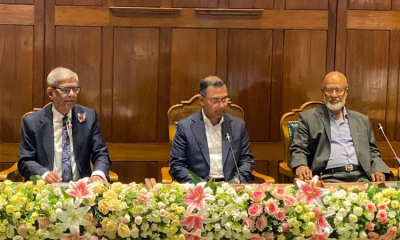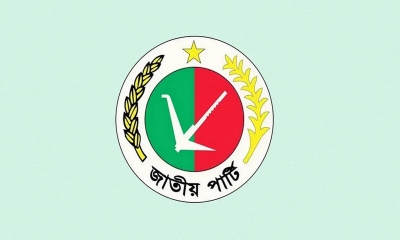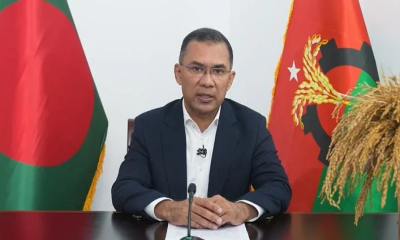While countries in South Asia are mired in economic crises or face a debt trap with China, Bangladesh has escaped such situations and is increasingly seen as an emerging middle power, according to South China Morning Post (SCMP).
And despite being courted by the United States militarily, Dhaka has not been anxious to strengthen such ties as the government carries out a deft “three-way balancing” act between India, China and the US, SCMP reports quoting analysts.
In recent weeks, Sri Lanka has been going through its worst economic crisis since independence in 1948, and is on the verge of bankruptcy due to economic mismanagement and a massive shortage of foreign exchange reserves.
In Nepal, depleting reserves, widening trade deficit and rising prices have prompted concerns that the Himalayan nation might be heading towards a full-blown economic crisis.
But not Bangladesh. At least, not yet, reads the report.
Anu Anwar, a fellow at Harvard University’s Faculty of Arts and Sciences, said Bangladesh, located next to India, had maintained a “three-way balancing” between the US, India and China.
“Dhaka has pursued strategic ambiguity, maintaining good working relations with both China and India,” said Anwar who is also an associate in research at Harvard University’s John K. Fairbank Centre for Chinese Studies.
Anwar added that Dhaka had also reached out to the US in recent years aiming to use US-Bangladesh ties as “leverage” to set better terms with both China and India, defuse tension, and reduce reliance on both Asian powers.
Even though Washington had intensified its engagement with Dhaka, Anwar said these did not suggest that the US recognised “Bangladesh’s value in its own right”.
“The recent attention that Bangladesh is getting from Washington is under the assumption that Bangladesh is falling into China’s orbit,” Anwar said.












-20260217073221.webp)




-20260216115008.webp)















